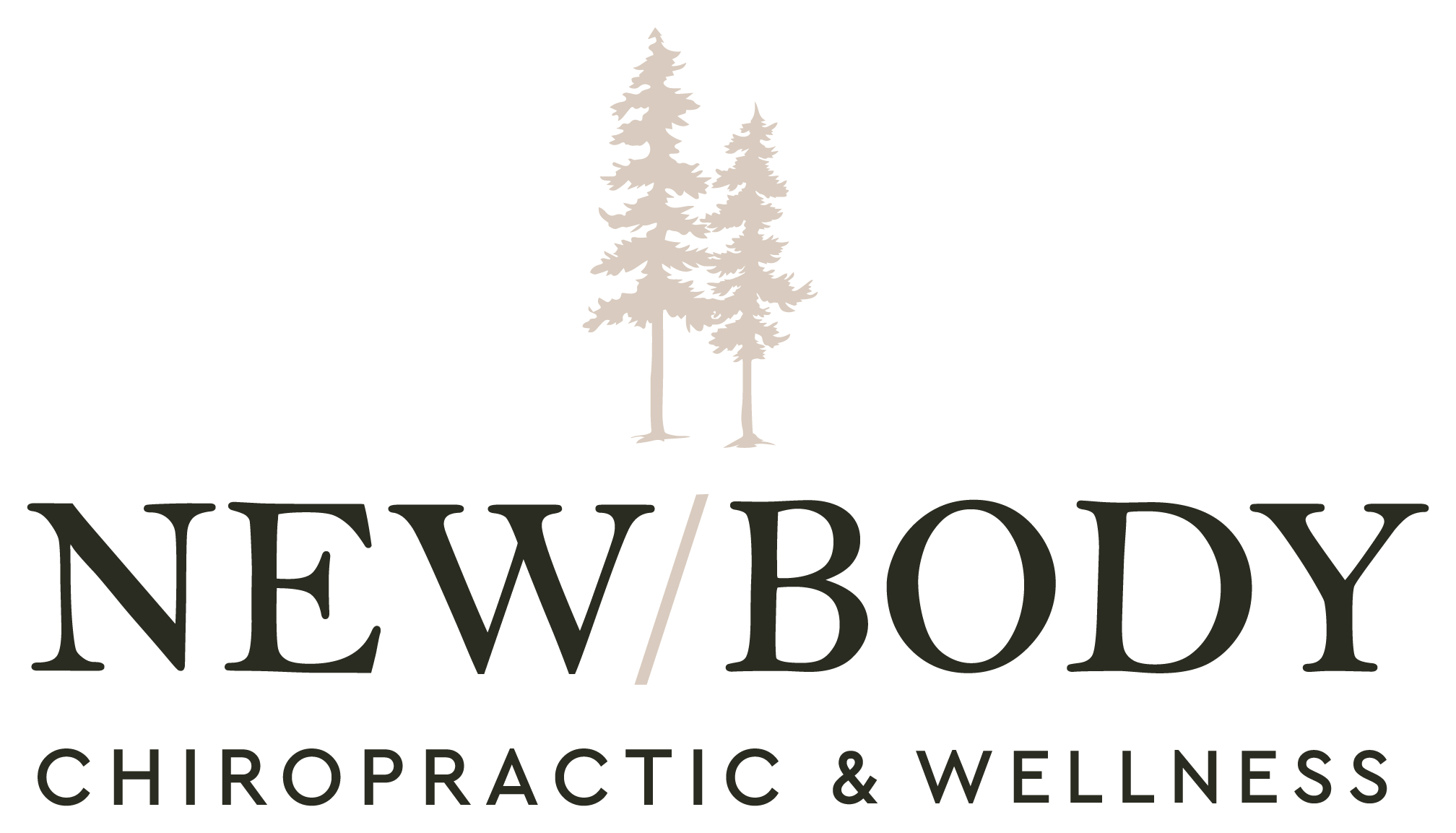Frequently
Asked Questions
Chiropractic
1. What is chiropractic care, and how does it work?
Chiropractic care is a non-invasive, drug-free approach to healthcare that focuses on the musculoskeletal system, particularly the spine. Chiropractors use manual adjustments to correct misalignments, promoting proper alignment, mobility, and overall well-being.
2. What conditions can chiropractic care help with?
Chiropractic care is known to be effective for various conditions, including back pain, neck pain, headaches, sciatica, and joint issues. It can also support overall wellness, improved posture, and injury prevention.
3. Are chiropractic adjustments safe?
Yes, when performed by a licensed and trained chiropractor, adjustments are generally safe. Chiropractors undergo extensive education and training to ensure the safety and effectiveness of their techniques.
4. How long does a typical chiropractic appointment last?
The duration of a chiropractic appointment can vary, but initial consultations often last longer, typically around 20-45 minutes, including an examination. Follow-up appointments are usually shorter, around 10-15 minutes.
5. Is chiropractic care suitable for everyone?
Chiropractic care is safe for people of all ages. Techniques are tailored to meet the specific needs (or preferences) of each individual, including pregnant women, children, and seniors.
6. Do I need a referral to see a chiropractor?
No, you do not need a referral to see a chiropractor. You can schedule an appointment directly with our office. However, if your insurance requires a referral for coverage, it’s advisable to check with your primary care provider.
7. How many chiropractic sessions will I need?
The number of sessions varies depending on the nature of your condition and individual response to treatment. Dr. Kenney will discuss a personalized treatment plan with you, including the frequency of visits to assist your condition. You will never be pressured to pursue long-term care, how often you choose to come in is your decision.
8. Does insurance cover chiropractic care?
Many insurance plans cover chiropractic care and we accept most major medical insurances and Medicare. It’s recommended to check with your insurance provider to understand your coverage. Our office staff can also assist in verifying insurance benefits.
9. What should I expect during my first chiropractic visit?
Your first visit will include a comprehensive health history, examination, and adjustment. Dr. Kenney will develop a follow up strategy and/or treatment plan based on his findings.
10. Can chiropractic care be combined with other treatments?
Yes, chiropractic care can complement other healthcare treatments. Dr. Kenney may collaborate with other healthcare providers to ensure a comprehensive approach to your well-being.
Massage Therapy
1. What are the benefits of massage therapy?
Massage therapy offers numerous benefits, including stress reduction, muscle relaxation, improved circulation, pain relief, and enhanced overall well-being.
2. What types of massage do you offer?
Our licensed massage therapists specialize in various massage techniques, including Swedish massage, deep tissue massage, sports massage, and prenatal massage. Each type is tailored to address specific needs and preferences.
3. How long is a typical massage session?
The duration of a massage session can vary, but commonly, sessions last 60 to 90 minutes. Shorter sessions may be available for focused treatments or specific areas.
4. Do I need to undress completely for a massage?
You can undress to your comfort level. During the massage, you will be professionally draped, and only the area being worked on will be exposed.
5. Will the massage be painful?
Massage therapy should not be painful. While some techniques may cause mild discomfort, communication with your therapist is essential. Your comfort is our priority, and adjustments can be made to suit your preferences.
6. Can I get a massage if I have a medical condition?
In many cases, massage therapy can be adapted to accommodate various medical conditions. However, it’s crucial to inform your therapist of any health concerns or conditions beforehand.
7. Is massage therapy covered by insurance?
Insurance coverage for massage therapy varies. Some health insurance plans or health savings accounts may cover massage for certain medical conditions. We recommend checking with your insurance provider for specific details.
8. How often should I get a massage?
The frequency of massages depends on individual needs and goals. Some people benefit from regular sessions, while others may choose to come in for occasional relaxation or to address specific issues.
9. What should I expect during my first massage therapy session?
Your first session will typically begin with a consultation to discuss your health history, any specific concerns, and your goals for the massage. Your therapist will then tailor the session to meet your needs.
10. Can massage therapy help with specific conditions, such as chronic pain or headaches?
Yes, massage therapy can be effective in managing and reducing symptoms associated with various conditions, including chronic pain, headaches, and stress-related issues. Your therapist will work with you to create a customized treatment plan.
Pilates
1. What is Pilates?
Pilates is a low-impact exercise method that focuses on building strength, flexibility, and endurance through controlled movements. It emphasizes core strength, proper alignment, and mind-body connection.
2. What are the benefits of Pilates?
Pilates offers a range of benefits, including improved posture, increased muscle strength and tone, enhanced flexibility, better balance, and a heightened sense of body awareness.
3. Is Pilates suitable for beginners?
Yes, Pilates is suitable for individuals of all fitness levels, including beginners. Classes can be tailored to accommodate different levels of experience and fitness, making it accessible to everyone.
4. Do I need any special equipment for Pilates?
While Pilates can be done with or without equipment, some classes may incorporate machines like the reformer or the Cadillac. Basic mat Pilates exercises, however, require minimal equipment, making it easy to practice at home or in our studio.
5. How often should I practice Pilates?
The frequency of Pilates practice depends on your fitness goals and schedule. Many people find benefit in doing Pilates 2-3 times per week, but even one session a week can yield positive results.
6. Can Pilates help with weight loss?
Pilates is more focused on building strength, flexibility, and toning muscles than on weight loss. However, it can be part of a comprehensive fitness plan that includes cardiovascular exercise and a healthy diet for weight management.
7. What should I wear to a Pilates class?
Wear comfortable, breathable clothing that allows for ease of movement. Pilates is typically done barefoot or with grip socks to ensure stability.
8. Are Pilates classes suitable during pregnancy?
Pilates can be adapted for pregnancy and is often recommended for its focus on core strength and flexibility. However, it’s essential to consult with your healthcare provider before starting any exercise program during pregnancy.
9. How long are typical Pilates sessions?
Pilates sessions can vary in length, but a typical class or session usually lasts around 45 minutes to an hour. Some studios may offer shorter or longer sessions to accommodate different schedules.
10. What's the difference between mat Pilates and equipment-based Pilates?
Mat Pilates involves exercises performed on the floor using your body weight for resistance. Equipment-based Pilates incorporates specialized machines like the reformer, which provides added resistance and support for a variety of movements.
Metabolic Testing
1. What is metabolic testing?
Metabolic testing is a non-invasive assessment that measures your body’s metabolic rate. It helps determine how many calories your body burns at rest and provides valuable insights into your individual metabolism.
2. Why is metabolic testing important?
Understanding your metabolic rate is crucial for creating personalized nutrition and fitness plans. It can help optimize weight management, improve energy levels, and enhance overall health and wellness.
3. How is metabolic testing performed?
Metabolic testing is typically conducted through indirect calorimetry, measuring the oxygen consumption and carbon dioxide production as you breathe. This information allows us to calculate your resting metabolic rate (RMR).
4. What is Resting Metabolic Rate (RMR)?
Resting Metabolic Rate is the number of calories your body needs at rest to maintain basic physiological functions, such as breathing and circulation. It serves as a baseline for designing nutrition and exercise programs.
5. How long does a metabolic testing session take?
A metabolic testing session usually takes around 15 to 30 minutes. The procedure involves breathing into a mask while at rest, and it is a comfortable and straightforward process.
6. Is metabolic testing suitable for everyone?
Metabolic testing is beneficial for individuals of all fitness levels and ages. It provides valuable information for those seeking weight management, improved athletic performance, or a better understanding of their overall health.
7. What can metabolic testing reveal about my health?
Metabolic testing can provide insights into your individual calorie needs, which is valuable for weight loss, weight maintenance, and optimizing nutrition and exercise plans. It can also identify potential metabolic inefficiencies.
8. Can metabolic testing help with weight loss?
Yes, metabolic testing is a powerful tool for weight loss. By accurately determining your RMR, we can create a personalized plan that aligns with your calorie needs, making weight management more effective and sustainable.
10. Is metabolic testing covered by insurance?
Insurance coverage for metabolic testing can vary. It’s recommended to check with your insurance provider to determine coverage eligibility. We can assist you in verifying insurance benefits if needed.
9. How often should I repeat metabolic testing?
The frequency of metabolic testing can vary based on individual goals and circumstances. In general, it may be beneficial to repeat the test periodically to reassess your metabolic rate and adjust your nutrition and fitness plans accordingly.



